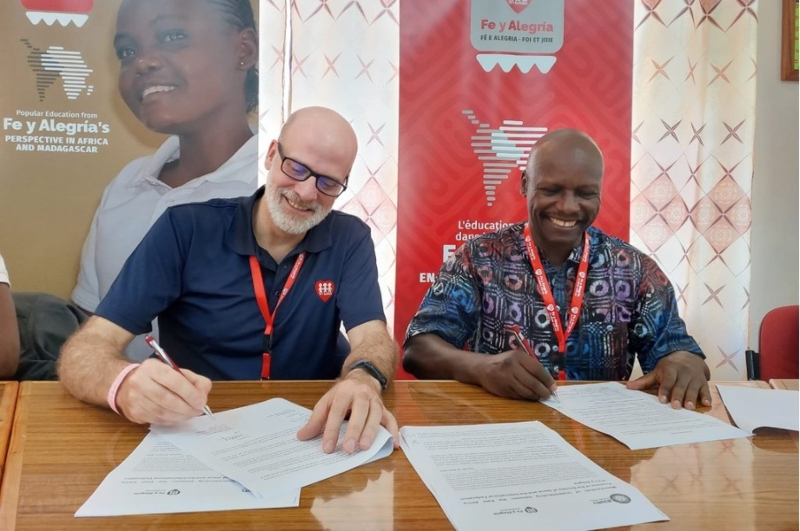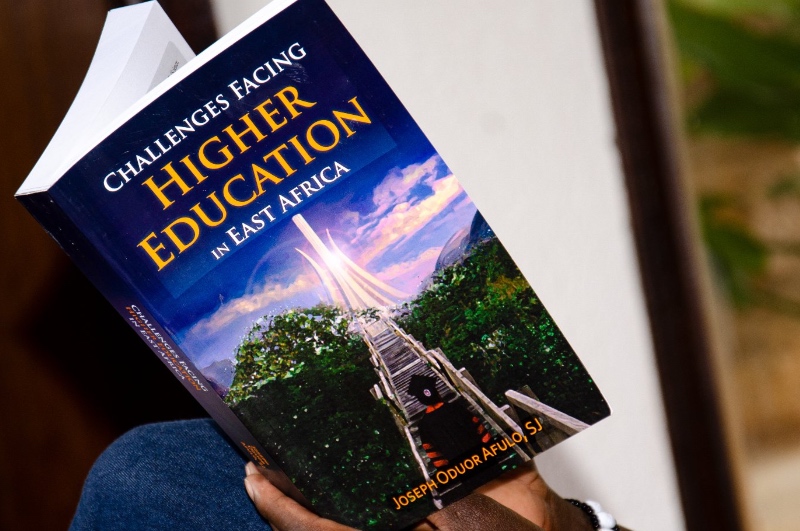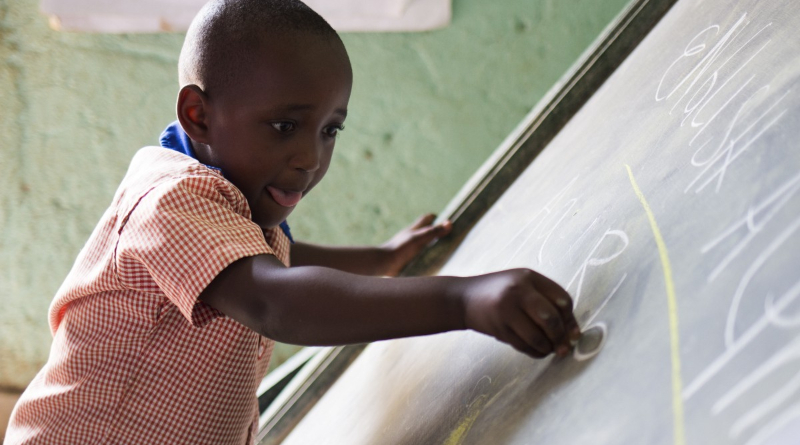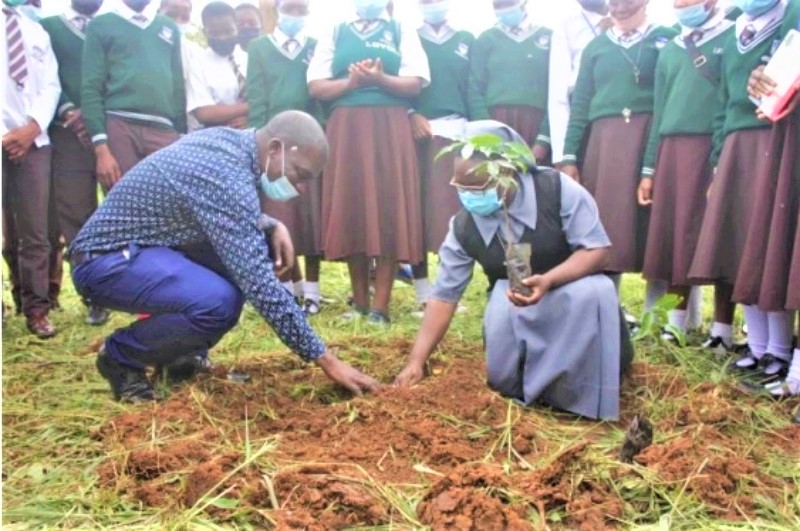

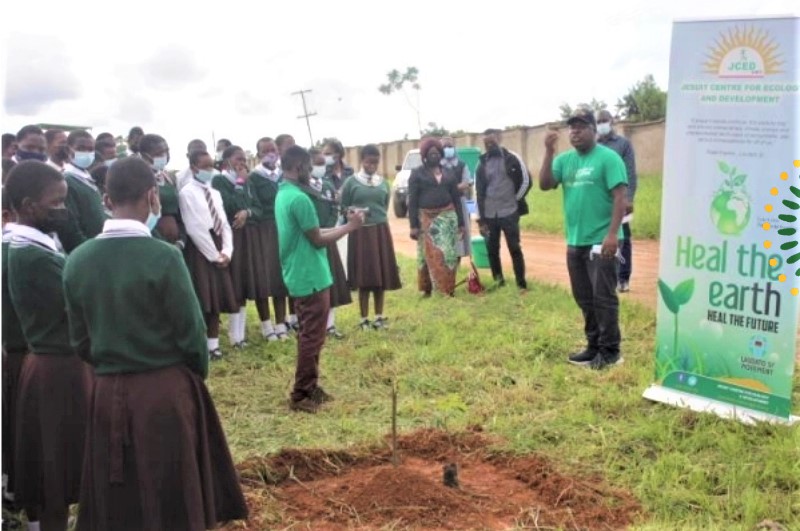

The beginning of 2022 saw the Loyola Jesuit Secondary School, Kasungu in Malawi, launching the newly approved program for its students.
This program compliments the Pastoral Department by focusing much on the promotion of Ignatian values in teaching and learning, as well as the living experience of our students and staff. Loyola Jesuit Secondary School is a fast-growing school in Malawi, with outstanding academic results nationally.
Over and above this academic excellence, the school management in collaboration with the Jesuit Community, saw it fit to make efforts in creating this particular program. Prior to the launch of this program, the pastoral department used to hold termly days of recollections, but more could be done to impart Jesuit values that complement the formation of our students. Some of the questions responded to by this program include:
1. How can we make LJSS graduates different from any other graduates from the local secondary schools?
2. Besides the academic competencies we impart to our students, what else can we offer them to be fully formed citizens, who in the future can be persons of excellence, discernment, and responsibility?
3. Being a Jesuit school, what should be our culture of teaching and learning? How can we make our learners understand the characteristics of Jesuit education?
4. The Jesuit community present within the school also desires to animate and implement the Universal Apostolic Preferences, thus the Ethos programme provides the much-needed platform to fully implement the UAPs in an organized manner that is measurable and traceable.
The structure of the program comes from a draft Ethos document that will undergo an annual review to fully respond to the needs of the learners. It begins with a year of formation in Jesuit spirituality, an introduction to Jesuit education, and a familiarisation with the basic values, vision, and mission of Loyola Jesuit Secondary School in the first year of studies. Thereafter the students will take up Ignatian formation for leadership and service, in their third year of study. This year of study will culminate in a service project. The selection of students for the service project is depended on their successful presentation of the social projects. This year, our 3rd-year students had various research projects that included the following:
1. Education for children born in refugee camps.
2. Child labor in Tobacco farms.
3. Harmful Cultural practices.
4. Environmental Conservation: Deforestation as a serious problem in Malawi.
5. Additionally, some students were tasked in their groups to come up with songs and drams that advocate for the end to child marriages, and advocacy for girl child education.
Most of these projects were a success and this was a positive indication that we are indeed equipping our students with skills to be citizens who desire just societies, with a preferential option for those living in the margins of the society. Our service project this year will be themed around: Creating lasting relationships with nature, and this will be done at Kayesa Cultural Centre. We hope during this service project to expose our students to Forestry regeneration work done in that particular area (Mchinji); they will also have a chance to have a visit to the village where conservation farming is being implemented. If all goes according to plan, we intend to send off 20 students for the service program. Our future plans include writing up an Ignatian Ethos Student Guide Book for both form 1 and 3. We also intend as a school to create collaborations with other Jesuit schools within the world for Immersion and exchange programs. Our students come from very poor backgrounds and some of them struggle to get basic requirements but through this programme, we hope to create a hope-filled future for them.
We desire to impart in them a hope that will drive them toward the Magis, as well bringing them closer to experiencing the Love of God.
Article first appeared on Educate Magis
Related Articles
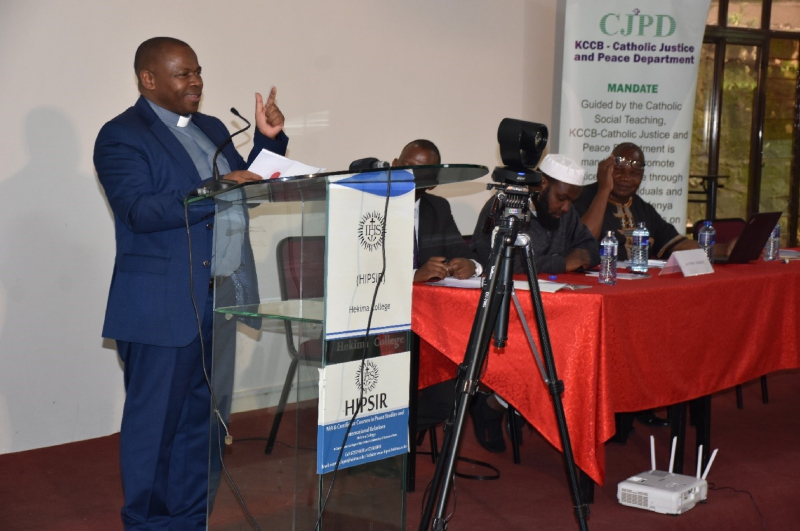
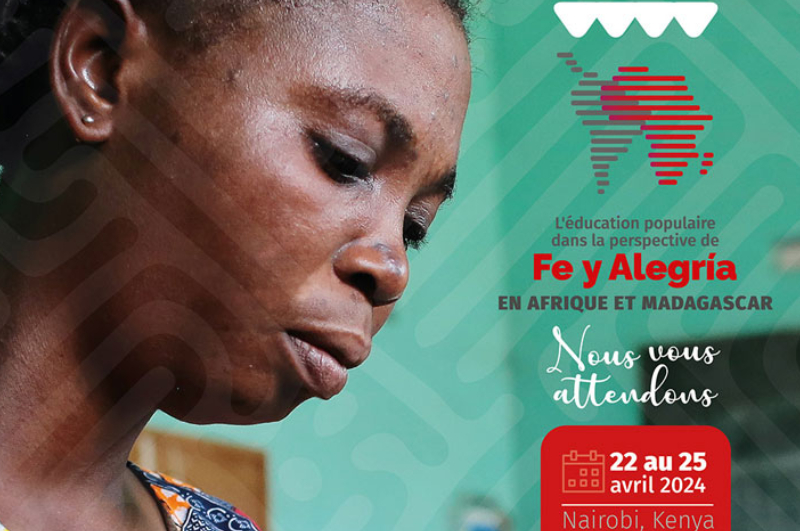
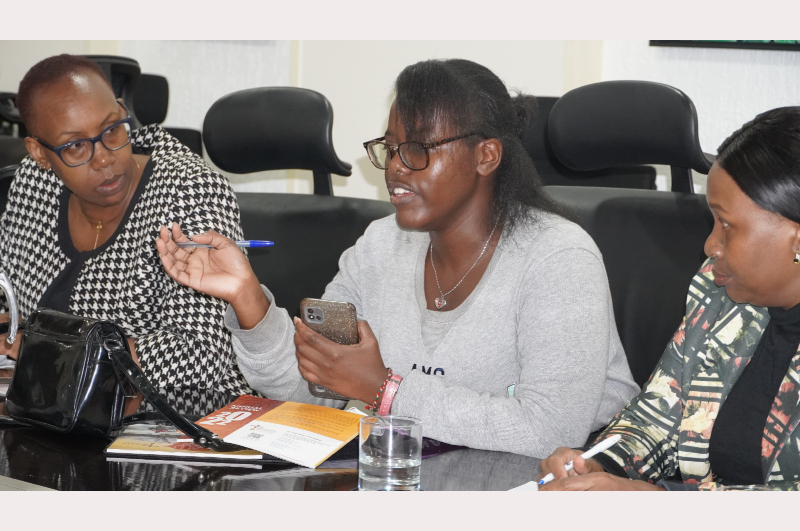


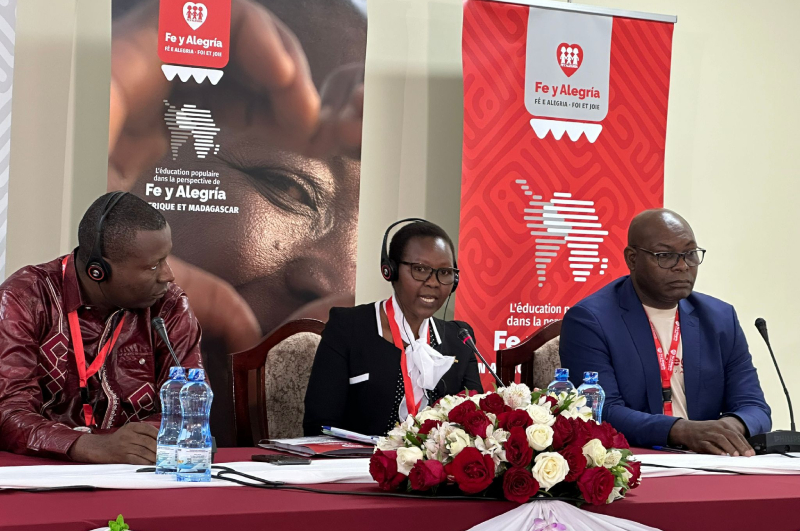
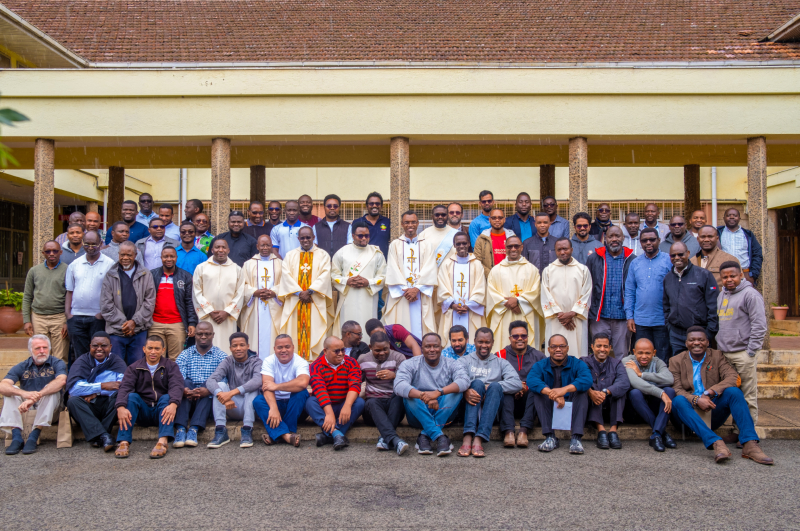
Select Payment Method
Pay by bank transfer
If you wish to make a donation by direct bank transfer please contact Fr Paul Hamill SJ treasurer@jesuits.africa. Fr Paul will get in touch with you about the best method of transfer for you and share account details with you. Donations can be one-off gifts or of any frequency; for example, you might wish to become a regular monthly donor of small amounts; that sort of reliable income can allow for very welcome forward planning in the development of the Society’s works in Africa and Madagascar.
Often it is easier to send a donation to an office within your own country and Fr Paul can advise on how that might be done. In some countries this kind of giving can also be recognised for tax relief and the necessary receipts will be issued.


